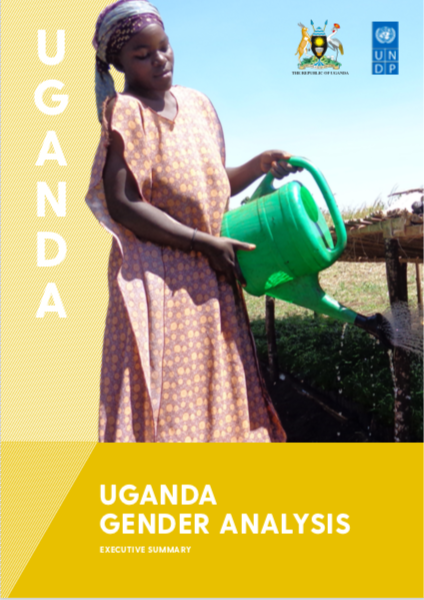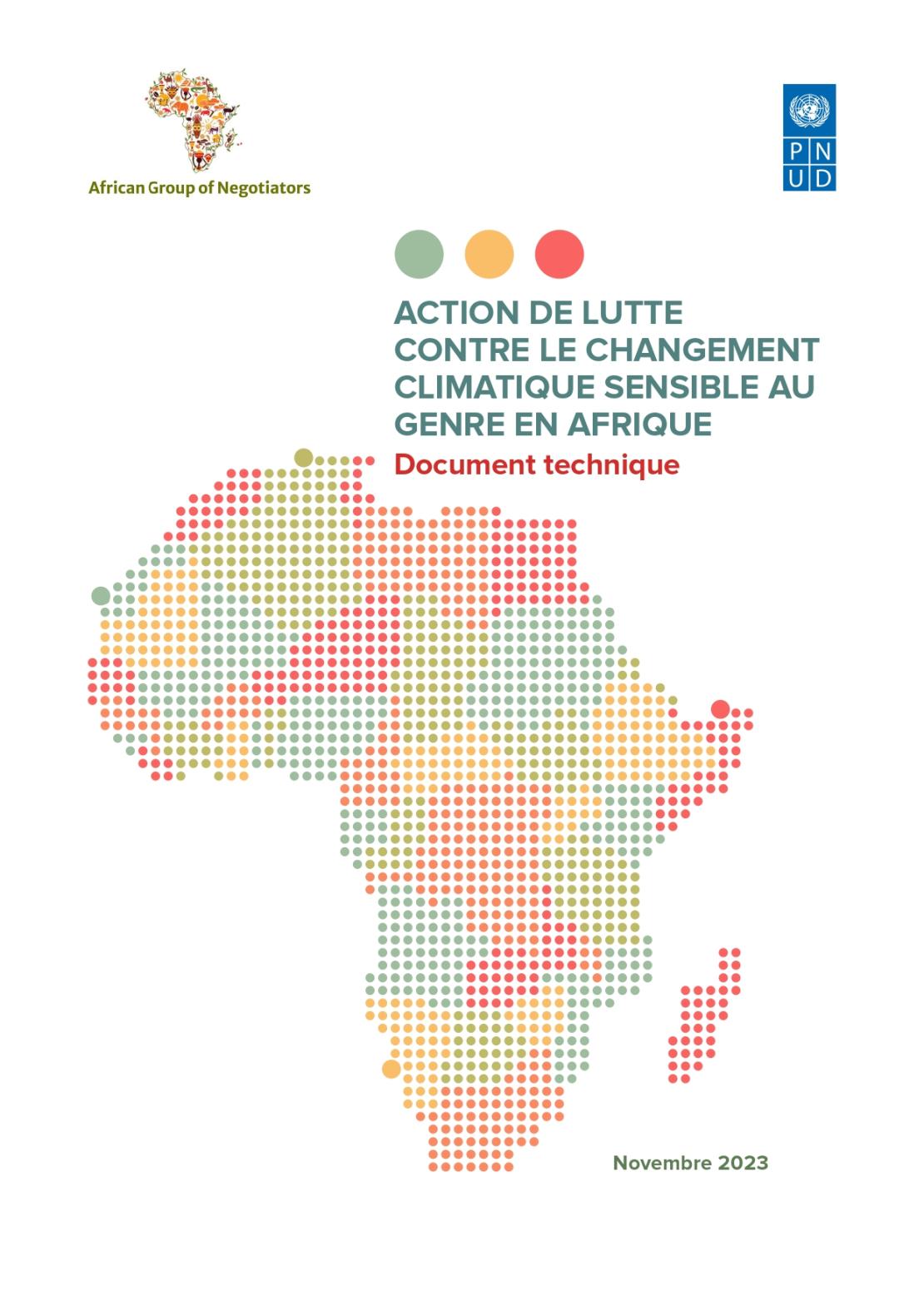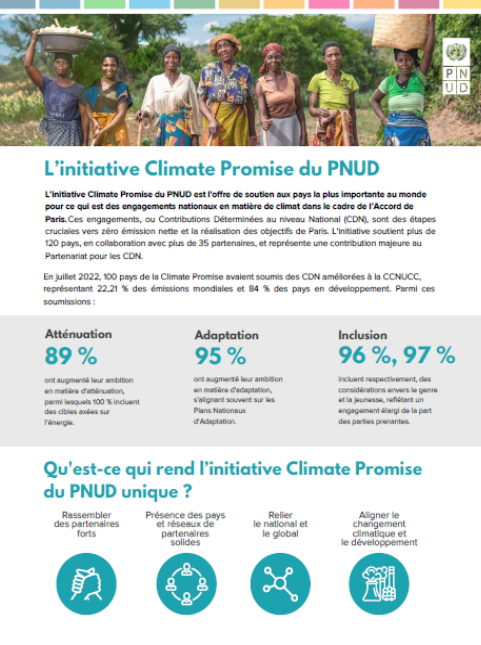Uganda Gender Analysis

The Government of Uganda recognizing the need to address climate change in its effort to achieve sustainable development and green growth, ratified the Paris Agreement in 2016. The country’s National Determined Contribution (NDC) presents an ambitious strategy of climate change mitigation and adaption actions that will support Uganda in meeting its Paris Agreement commitments of reducing GHG emissions by 22 percent by 2030. These commitments complement domestic efforts set out in the 2015 National Climate Change Policy and align to the country’s Vision 2040, the National Development Plan (NDP) 2015/2016 - 2019/2020, and Uganda’s Green Growth Development Strategy 2017/18 – 2030/31.
As part of the NDC implementation planning process, an in-depth gender analysis was conducted to better understand the gender differentiated impacts of climate change in Uganda. To provide local context for analysis, data collection was undertaken in the Karamoja region in Moroto District and in the Eastern region in Mbale District. The gender analysis explored the level of gender responsiveness of Uganda’s policies, legal frameworks, planning instruments, and institutional arrangements and their suitability for coordinating climate change actions across all levels of government. It also explored gender equality gaps and opportunities in three key NDC sectors, Agriculture, Energy, and Waste, and proposed measures to integrate gender responsive actions in these sectors in a Gender Action Plan.
Specifically, the gender analysis revealed that the common gaps and challenges faced by institutions include:
- meeting human resource capacity needs surrounding the intersection of gender and climate change;
- operationalizing gender responsive actions into planning and budgeting;
- ensuring that gender and climate are not seen as separate issues in policy instruments, but rather are uniquely connected.
The gender analysis and gender action plan provide strategic recommendations on governance, planning, and policy that will strengthen the country’s gender equality outcomes in the key NDC sectors of Agriculture, Energy, and Waste.

